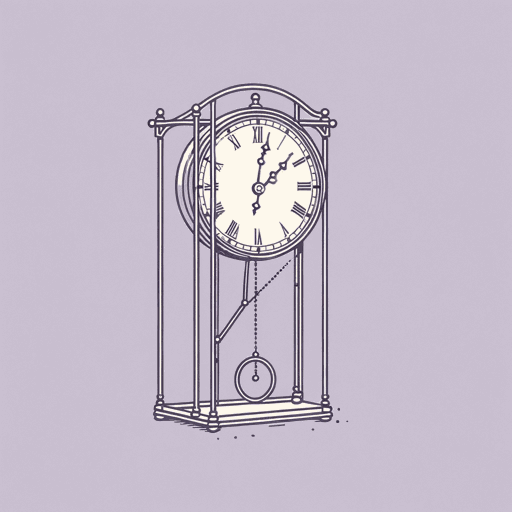19 pages • 38 minutes read
Emily DickinsonA Clock stopped—
Fiction | Poem | Adult | Published in 1896A modern alternative to SparkNotes and CliffsNotes, SuperSummary offers high-quality Study Guides with detailed chapter summaries and analysis of major themes, characters, and more.
Themes
The Hubris of Healers
It is natural when someone dies to wish for their resurrection, even while knowing that this is an impossibility. In “A Clock Stopped—” the speaker zeroes in on a breaking clock as a metaphor for this idea. In the poem, the slow stopping of the mechanism symbolizes a person dying. The clock “quiver[s] out of Decimals” (Line 8) and land[s] on the marker of 12 o’clock, or “Degreeless noon” (Line 9). The death, the speaker indicates through this symbolism, is permanent. While other clocks might be mended, this one cannot be.
The speaker in “A Clock Stopped—” leaves life-and-death decisions up to God, or another vast “Him” (Line 18). They are not a believer in human miracles. Their acceptance of the divine decision for the life of the clock to be done is contrasted with others in the poem who second guess the will of God and/or the permanence of death. This suggests the idea of man’s hubris in attempting to resurrect the body by either persuasive words or science. That resurrection—or fixing the mechanism of the clock—is paramount to the Geneva watchmaker, of “farthest skill” (Line 3), the “Doctor” (Line 10), and the “Shopman” (Line 12), who all try their hand at making the clock right.
Related Titles
By Emily Dickinson

A Bird, came down the Walk
Emily Dickinson

A narrow Fellow in the Grass (1096)
Emily Dickinson
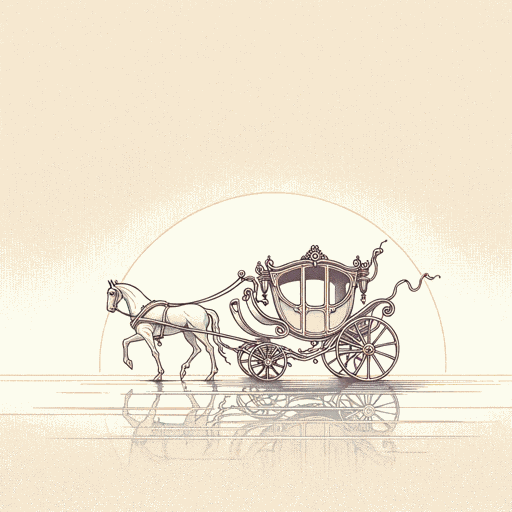
Because I Could Not Stop for Death
Emily Dickinson

"Faith" is a fine invention
Emily Dickinson
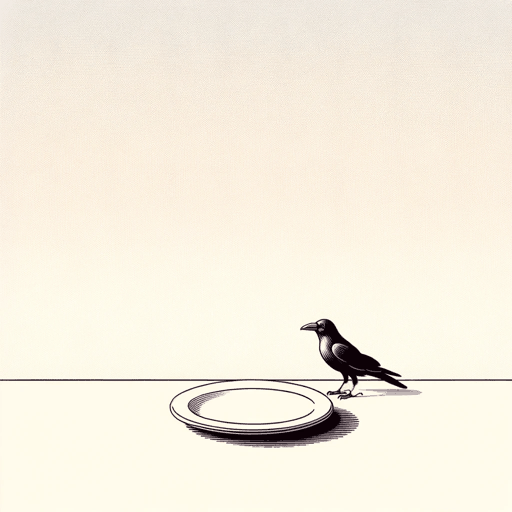
Fame Is a Fickle Food (1702)
Emily Dickinson

Hope is a strange invention
Emily Dickinson

"Hope" Is the Thing with Feathers
Emily Dickinson
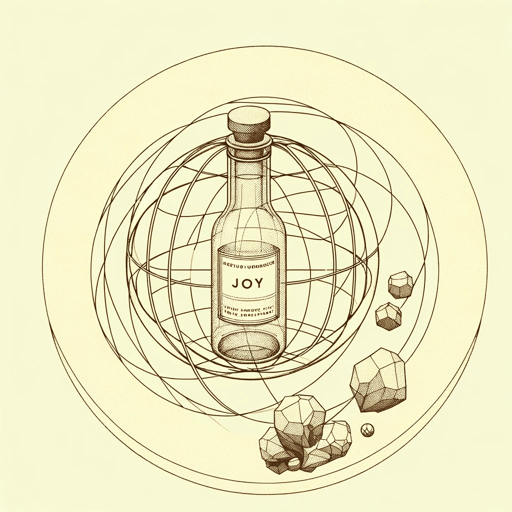
I Can Wade Grief
Emily Dickinson

I Felt a Cleaving in my Mind
Emily Dickinson
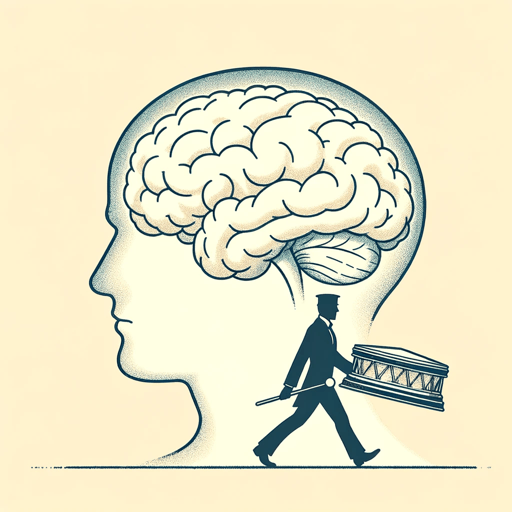
I Felt a Funeral, in My Brain
Emily Dickinson

If I Can Stop One Heart from Breaking
Emily Dickinson

If I should die
Emily Dickinson

If you were coming in the fall
Emily Dickinson

I heard a Fly buzz — when I died
Emily Dickinson

I'm Nobody! Who Are You?
Emily Dickinson

Much Madness is divinest Sense—
Emily Dickinson

Success Is Counted Sweetest
Emily Dickinson

Tell all the truth but tell it slant
Emily Dickinson
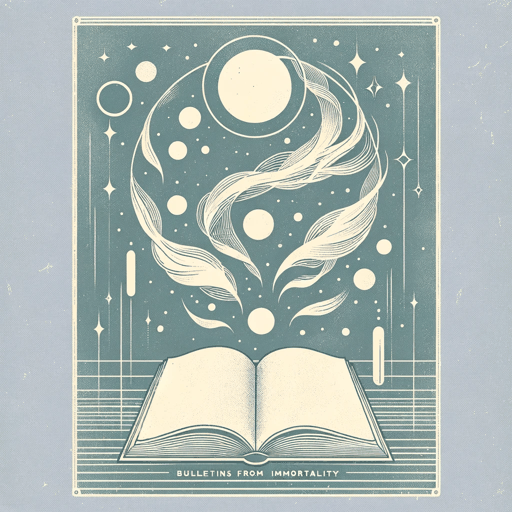
The Only News I Know
Emily Dickinson

There is no Frigate like a Book
Emily Dickinson
